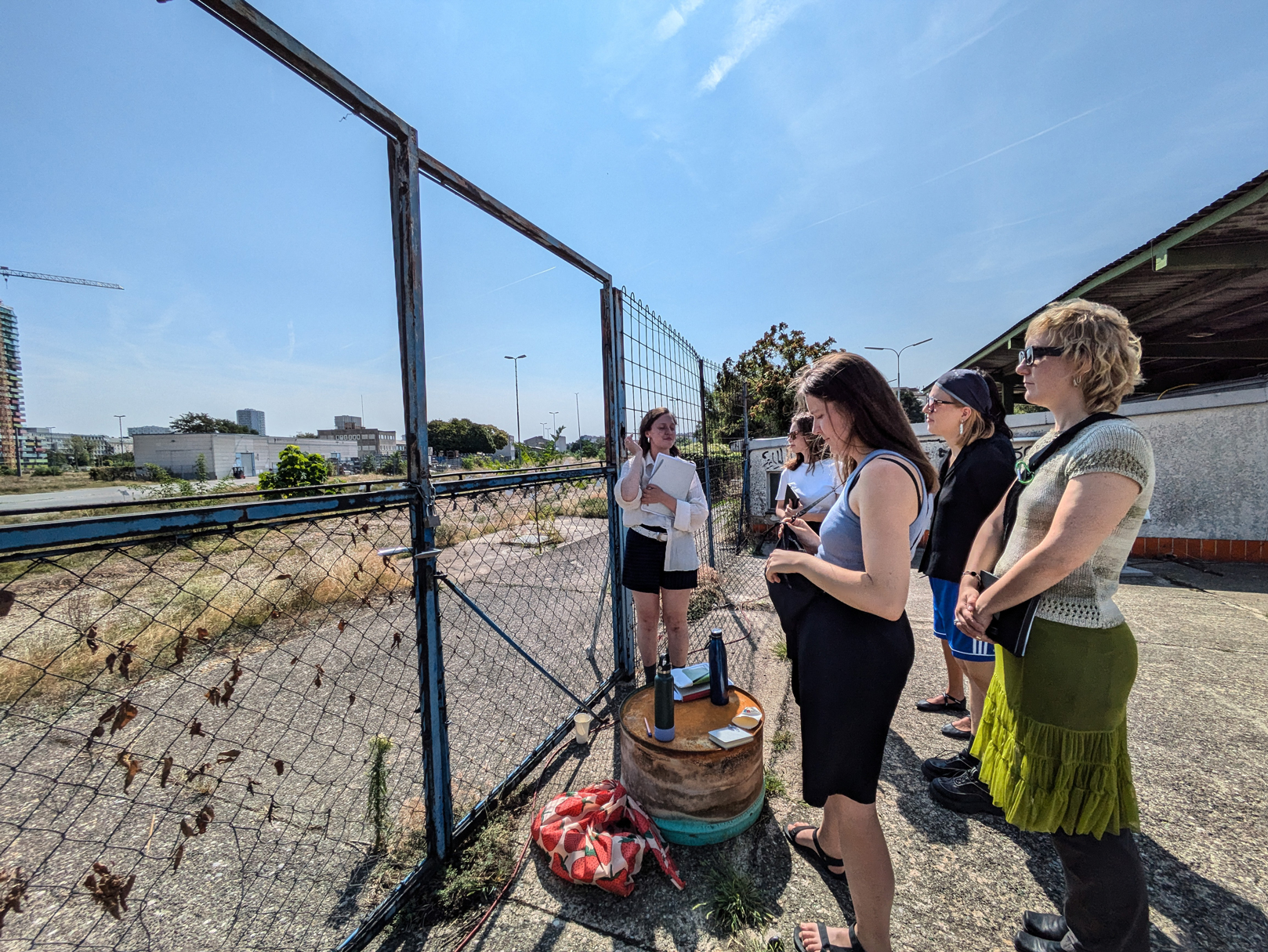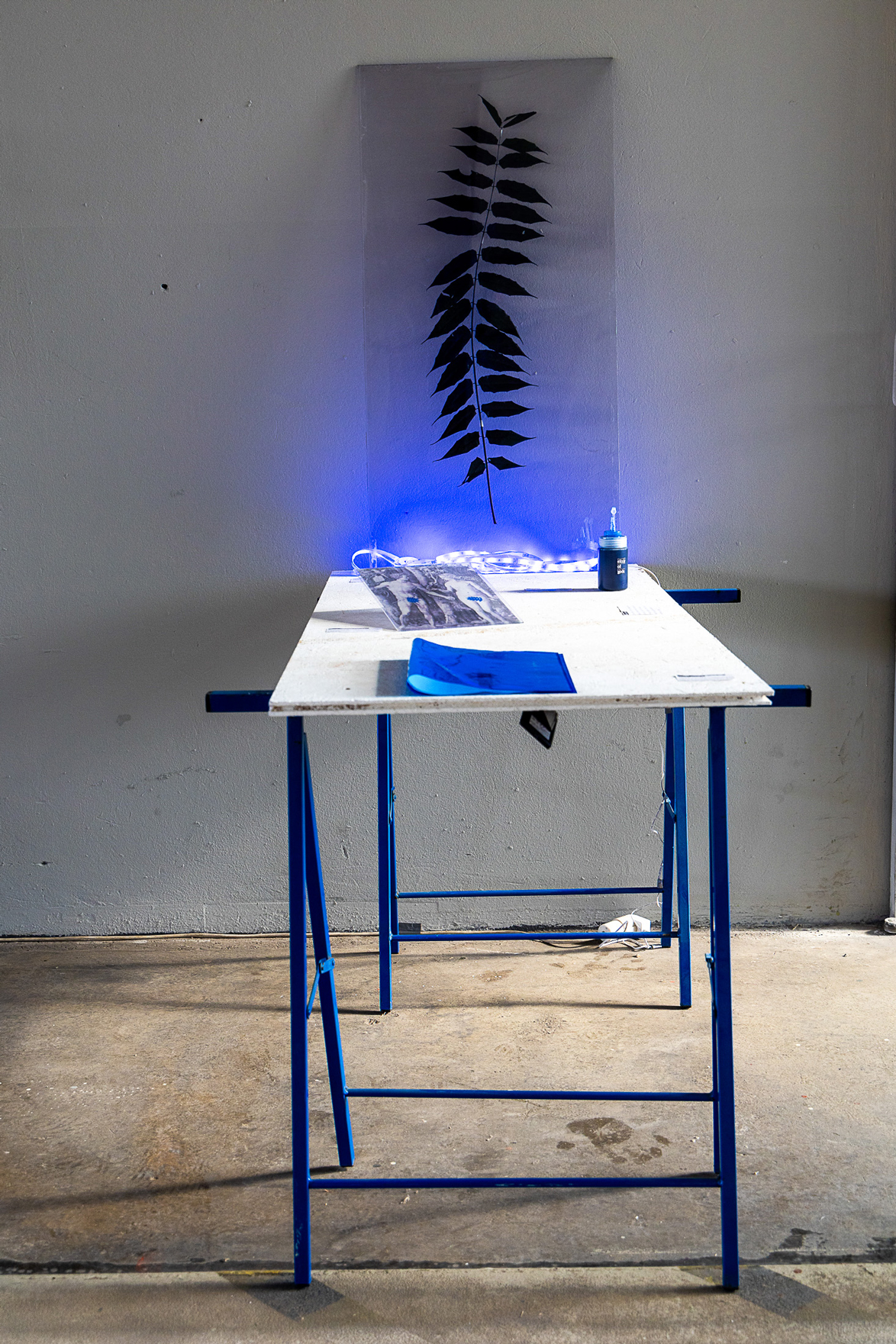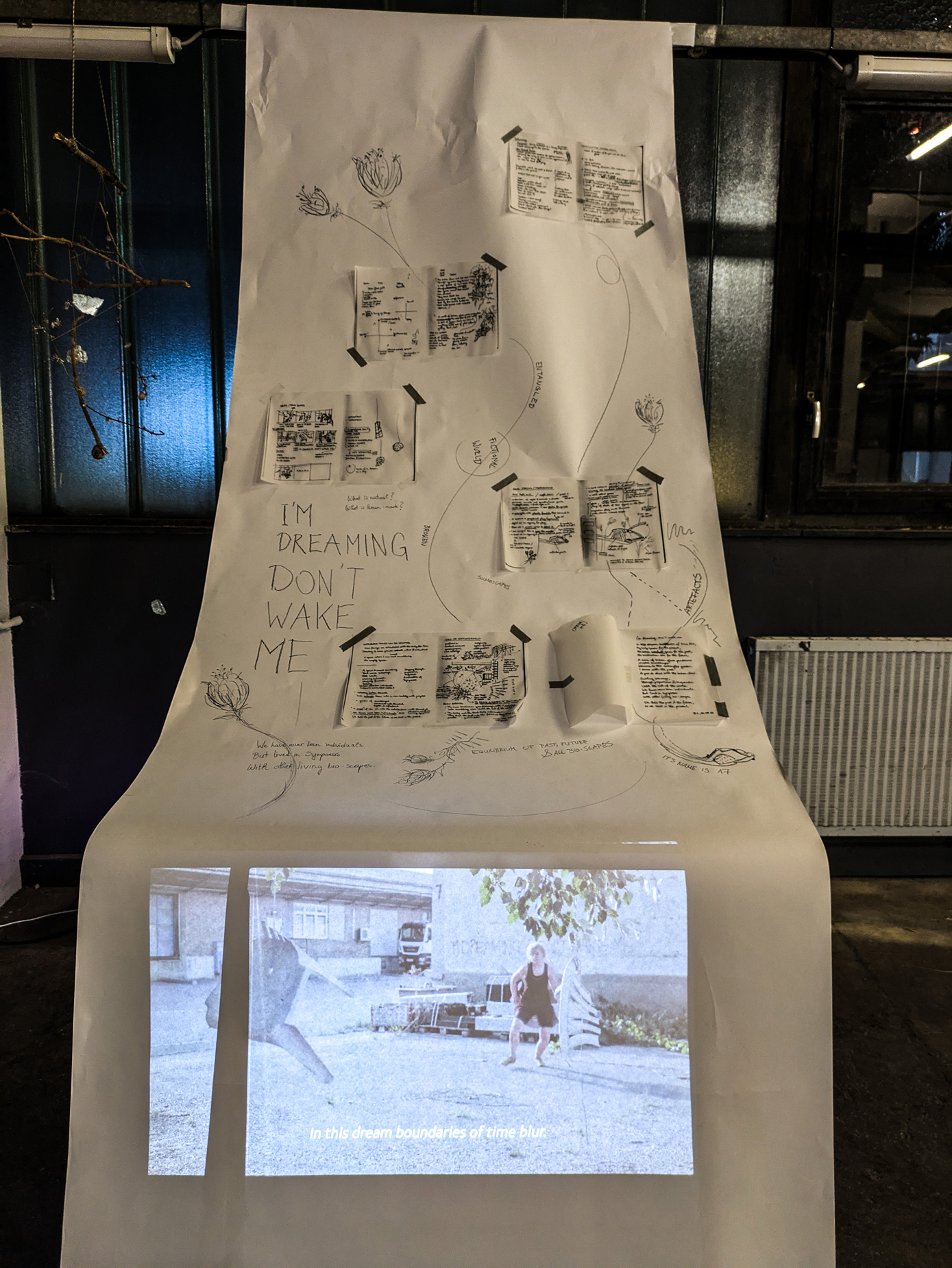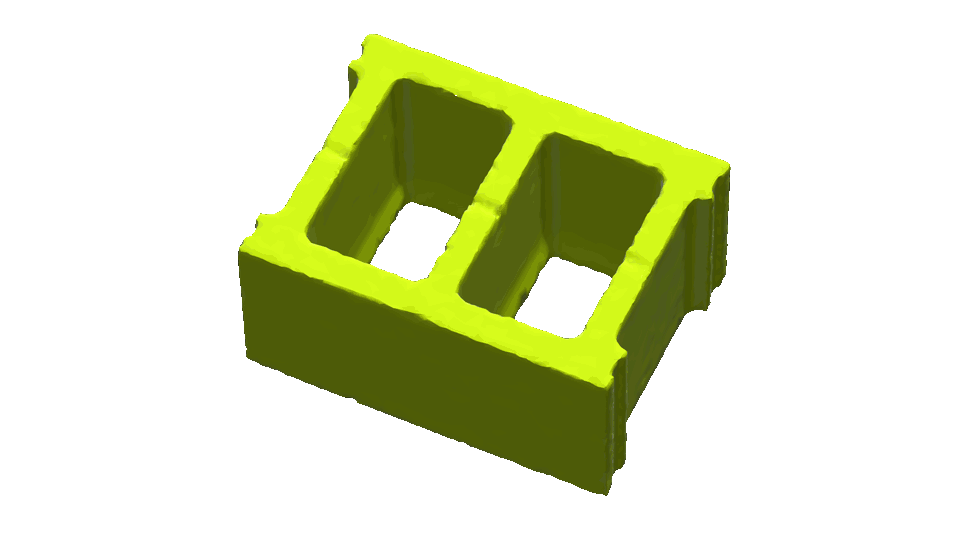Feral Futures: Speculations on Landscape
with:
Nico King
#designfutures #futuregardens #ecologicaldesign #natureculture #speculativedesign #speculativehorticulture










The workshop explores speculative design through the lens of horticulture, that is, around (living) plant material as foundational unit of landscapes and ecosystems, whether natural, human-made, or virtual. We will understand horticulture not as decorative gardening practice, but as a cultural technique that has transformed the geographic realities of both human and non-human environments.
For thousands of years, humans have re-designed the natural world to meet their needs, ultimately altering the fabric and systems of the planet they inhabit. Today, these modified environments face threats from human-created challenges and (un)natural disasters, leading them into uncertain futures. Our theoretical-practical explorations will engage participants in debates on "nature" as the supposed opposite of "culture." These discussions will draw from disciplines underpinning speculative design, such as landscape architecture, architecture, ecology, anthropology, and synthetic biology.
Speculative Design is an interdisciplinary practice that probes the status quo of material cultures, concepts of nature, and new technologies. By challenging everyday design paradigms, conventions, and the canon, speculative designers develop ideas, narratives, scenarios, and artifacts that imagine different worlds and possible futures. Reflecting on what is by asking “what if,” speculative design often seeks to instigate debates about the untenability of the present society rather than merely produce solutions and consumer goods. Its stance is thus more suggestive than prescriptive.
In structured daily lectures and readings participants will interrogate human-made natures. Through daily assignments and group discussions, participants will delve further into generating their own speculative horticultural projects—ideas, narratives, scenarios, and artifacts—in their preferred medium.
Nico King is a landscape architect and historian with a research-based art practice. Her research broadly focuses on political ecologies and speculative design of landscape and nature, as resources for capital through labor and its alleged opposite, free time. Currently, Nico is a doctoral candidate in visual arts and anthropogeny (human origins) at the University of California, San Diego. She studied landscape architecture at BOKU (Vienna), Wageningen Universiteit (Netherlands), and Cornell University (USA), as well as critical studies at the Academy of Fine Arts in Vienna and Bezalel Academy of Art and Design in Jerusalem.
Nico held residencies at SOMA in Mexico City (2019) and the MAK Center for Art and Architecture in Los Angeles (2016–17). She was recipient of a Kate Neal Kinley Memorial Fellowship in landscape architecture (2020–21) and is a current research fellow at The Huntington Library, Art Museum, and Botanical Gardens in southern California. Publications include articles and book chapters on social design ideals, post-industrial mining landscapes, “ready-to-plant” leisure gardens as culture industry, and the return of the political to park design.
https://nico-king.com
︎MEDIA: Based on your interests and skills, the final output can take any form, e.g., a short film or video, a (plant) prototype/specimen, scientific (i.e., outer space space, botany) or commercial (i.e., advertising) illustrations, an installation, a speculative photography series, a computer program, a physical or digital sculpture, a landscape or architectural model, a mixed media project, a tourism poster, an app/interface/digital environment, a performance, a website, an installation, etc.
︎LOCATION: Main location (indoors & outdoors)
︎TEACHING LANGUAGE: English
︎WHAT TO BRING: Sketchbook, laptops, camera/smartphone, as well as any tools and materials for drawing and collaging (analog/digital)
︎REQUIREMENTS: Curiosity, an open mind, readings will be provided to participants ahead of the workshop
︎MAXIMUM NUMBER OF PARTICIPANTS: 5
